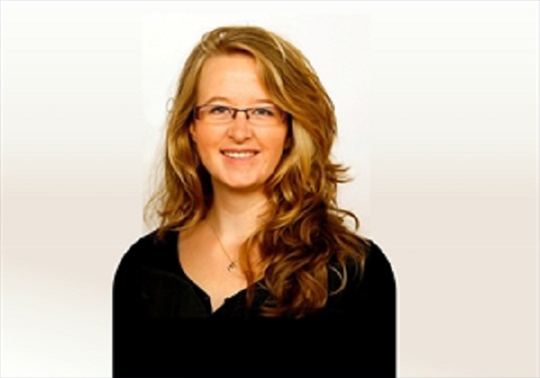
El proper dimarts 7 de maig a les 11: 00h a la sala M-204 del Departament de Psicologia Evolutiva i de l'Educació la professora Carolien Knoop-van Campen de la Universitat de Radboud (Nijmegen, Netherlands) presentarà l'estudi "Multimèdia learning in university students with Dyslexia: an Eye-tracking study ". A continuació es presenta el resum de la xerrada, en anglès: Adding àudio to written text is theoretically assumed to hamper learning due to working memory overload (redundancy effect).
El proper dimarts 7 de maig a les 11: 00h a la sala M-204 del Departament de Psicologia Evolutiva i de l'Educació la professora Carolien Knoop-van Campen de la Universitat de Radboud (Nijmegen, Netherlands) presentarà l'estudi "Multimèdia learning in university students with Dyslexia: an Eye-tracking study ". A continuació es presenta el resum de la xerrada, en anglès: Adding audio to written text is theoretically assumed to hamper learning due to working memory overload (redundancy effect). However, a meta-analysis showed that verbally redundant information did not influence learning, while several studies showed that adding audio does change learning processes. Students with dyslexia often receive audio support that reads the written text out load. On the one hand, based on working memory problems in this clinical population adding audio could hinder their learning, on the other hand audio could also enhance learning since it offers the opportunity to compensate for reading difficulties. Also, students with dyslexia seem to process learning materials differently that their typically developing peers. The effect of adding audio in students with dyslexia and the mechanism behind it is still unclear. Therefore, I examined to what extent adding audio affects learning processes and outcomes in students with and without dyslexia and how learning process and outcomes are related. In this presentation, I will illustrate this problem with my latest research and I will present my most current eyetracking results.











